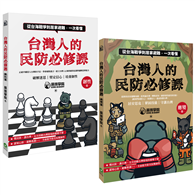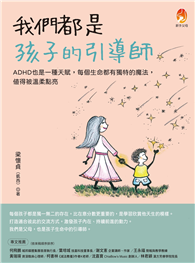There is a compelling call to action for the educational field to develop fair and respectful practices that contribute to a brighter and more inclusive future. This comprehensive collection of case studies is designed to empower educators by providing them with the necessary pedagogical content knowledge, dispositions, and curricular insights to actively decolonize second/world language teaching in K-12 and university contexts. These authentic, problem-based cases shed light on the intricate dynamics present within diverse language learning settings, emphasizing the imperative for decolonizing and inclusive educational practices to support learning for all multilingual learners, including BIPOC, heritage language learners (HLL), SLIFE, refugees, and other L2 communities across ESL, SEI, World Language, Bilingual, and EAP settings. By encouraging readers to engage in critical reflection and praxis, this book fosters a transformative approach to language education that addresses historical injustices and promotes inclusive, anti-racist, and equitable learning environments for all students.
In this book, readers will find:- practical tools and strategies for promoting awareness and reflexivity and for incorporating decolonizing and inclusive pedagogical practices.
- a rich array of viewpoints that encourages them to explore diverse perspectives within the realm of language education and decolonization.
- authentic, problem-based case studies that prompt critical reflection and a practical application of theoretical concepts.
- insights into navigating the evolving landscape of teaching, with a distinctive focus on decolonizing language education.








